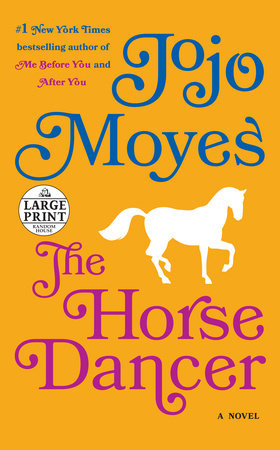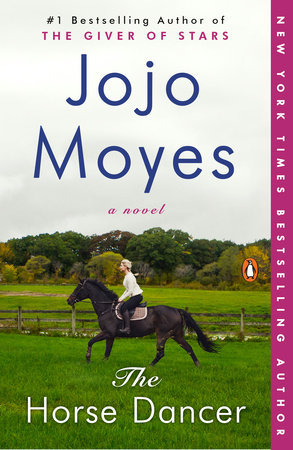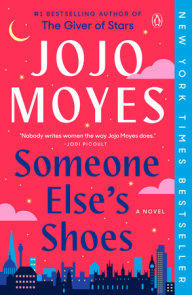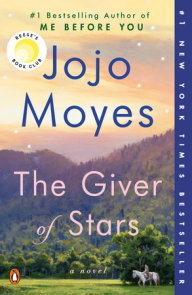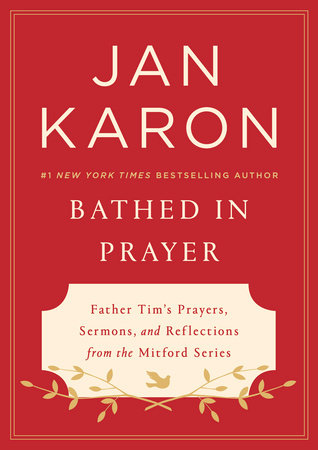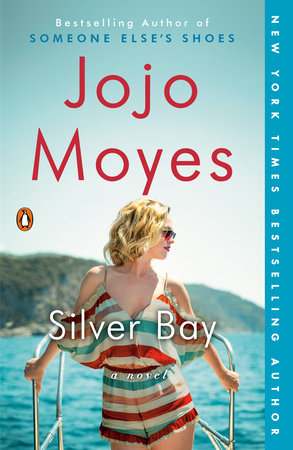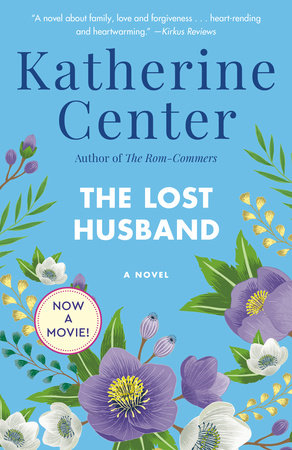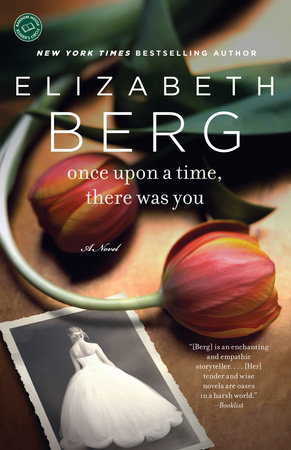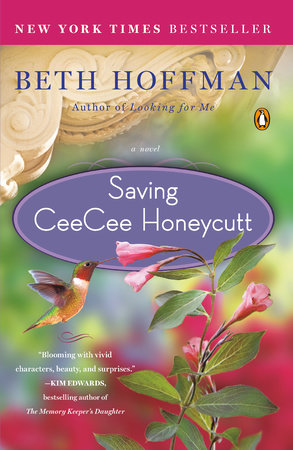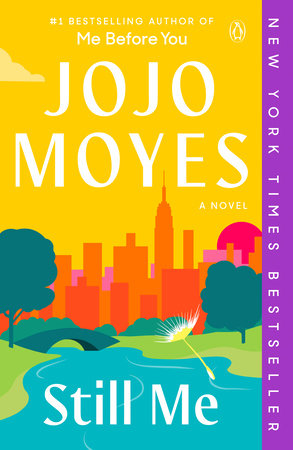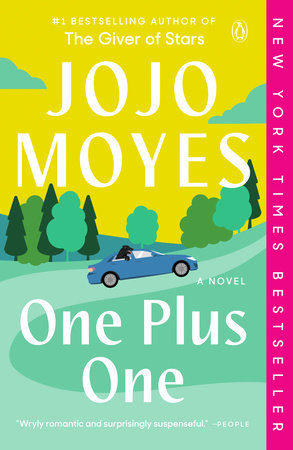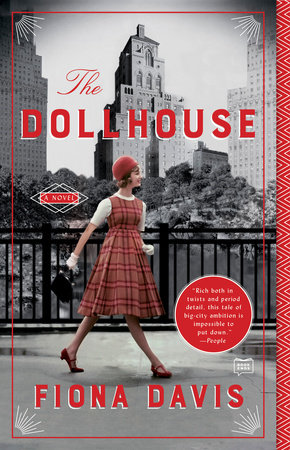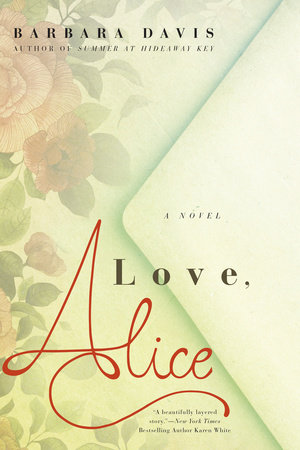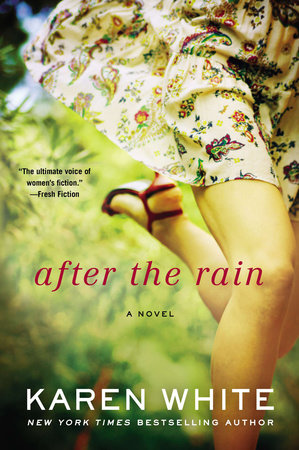

The Horse Dancer
By Jojo Moyes
By Jojo Moyes
By Jojo Moyes
By Jojo Moyes
By Jojo Moyes
By Jojo Moyes
By Jojo Moyes
Read by Fiona Hardingham
By Jojo Moyes
Read by Fiona Hardingham
Category: Women's Fiction | Contemporary Romance
Category: Women's Fiction | Contemporary Romance
Category: Women's Fiction | Contemporary Romance
Category: Women's Fiction | Contemporary Romance | Audiobooks
-
$18.00
Apr 11, 2017 | ISBN 9780143130628
-
$21.00
Apr 11, 2017 | ISBN 9781524756093
-
Apr 11, 2017 | ISBN 9781524704445
-
Apr 11, 2017 | ISBN 9781524751388
965 Minutes
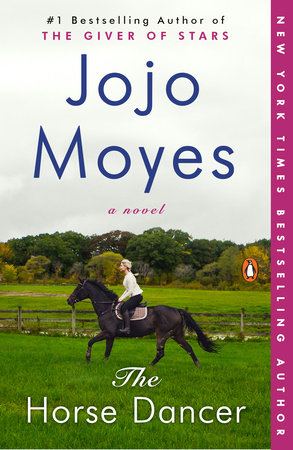
-
$18.00
Apr 11, 2017 | ISBN 9780143130628
-
$21.00
Apr 11, 2017 | ISBN 9781524756093
-
Apr 11, 2017 | ISBN 9781524704445
-
Apr 11, 2017 | ISBN 9781524751388
965 Minutes
Buy the Audiobook Download:
YOU MAY ALSO LIKE
Praise
Praise for The Horse Dancer:
“Reading Jojo Moyes’s newest novel, The Horse Dancer, I had to keep reminding myself that I was not, in fact, reading Dickens. . . As a storyteller, Moyes again takes a note from Dickens, moving easily between several storylines, toggling between the past and the present, the urban and the rural, the domestic and the professional, with ease and confidence. . . Moyes’s vision of people lifted from despair by nothing more than love (and a little money) is nothing if not poignant.” —Washington Post
“There’s something in it everyone will love. . . The Horse Dancer is a heartfelt, gut-wrenching, emotional novel filled with moments of joy, excitement, and plenty of tears. In her signature style, Moyes has woven a complicated story about unforgettable characters you’ll contemplate long after you finish reading. . . a multi-generational story that will tug at heart strings and leave everyone reaching for the tissues, and for a hug. Trust me, this is the kind of book you’ll want to share with the ones you love.” –Bustle
“Fans of Moyes (Paris for One and Other Stories, 2016, etc.) know what to expect from her books—big emotions, quirky characters, and a few tears—and this one delivers on all counts.” –Kirkus Reviews
“With a touch of adventure, Moyes offers a lovely comment on the importance of discipline, love, and persistence in our relationships.” —Booklist
“A tale brimming with tenderness and romance.” —Marie Claire (UK)
“An inspiring love story . . . Billy Elliot in jodhpurs.” —Daily Mail (London)
“A strikingly original tale which captivates from the first page.” —Daily Express (London)






